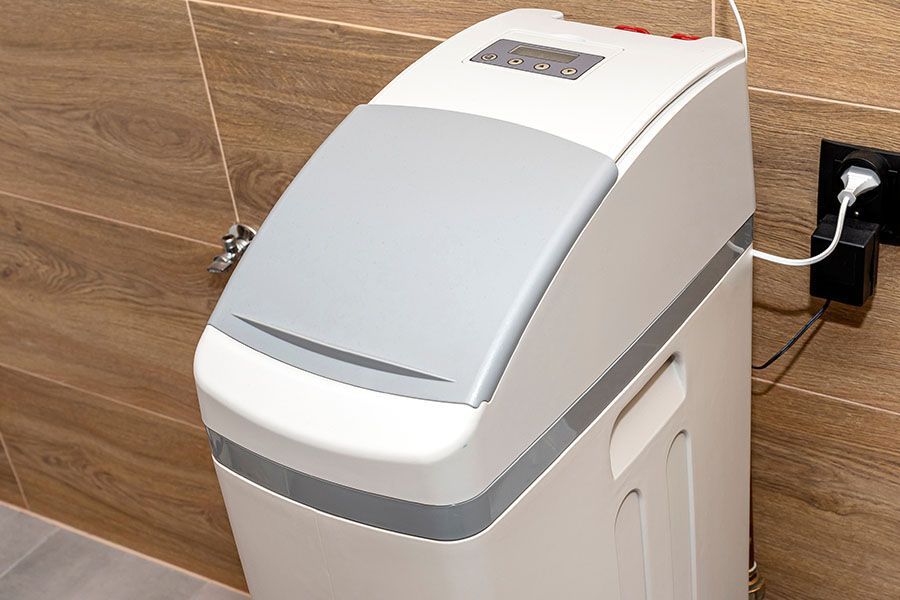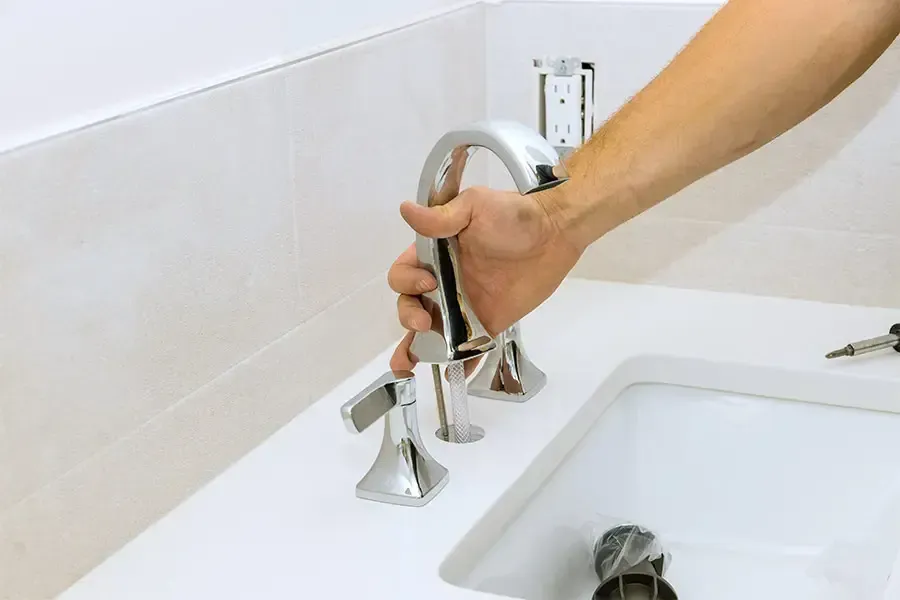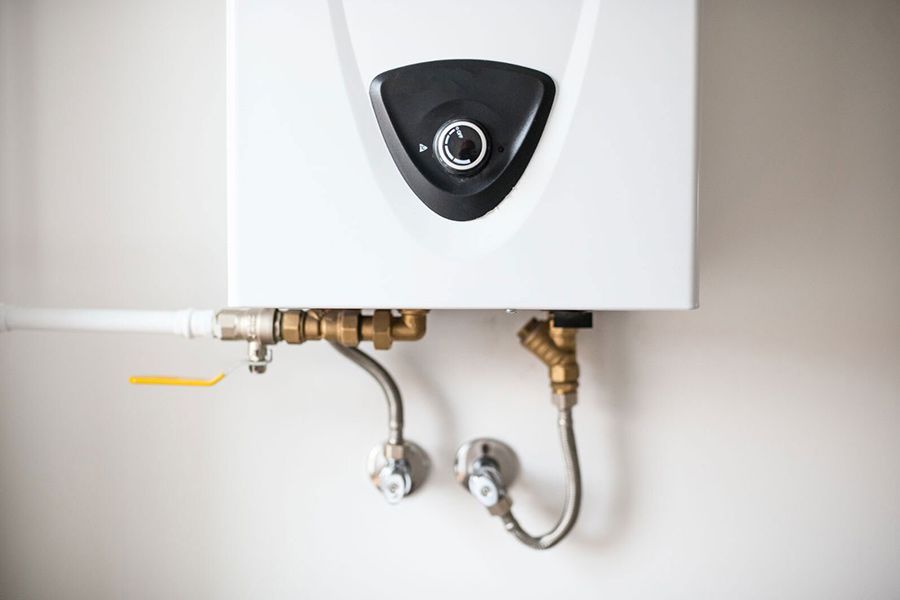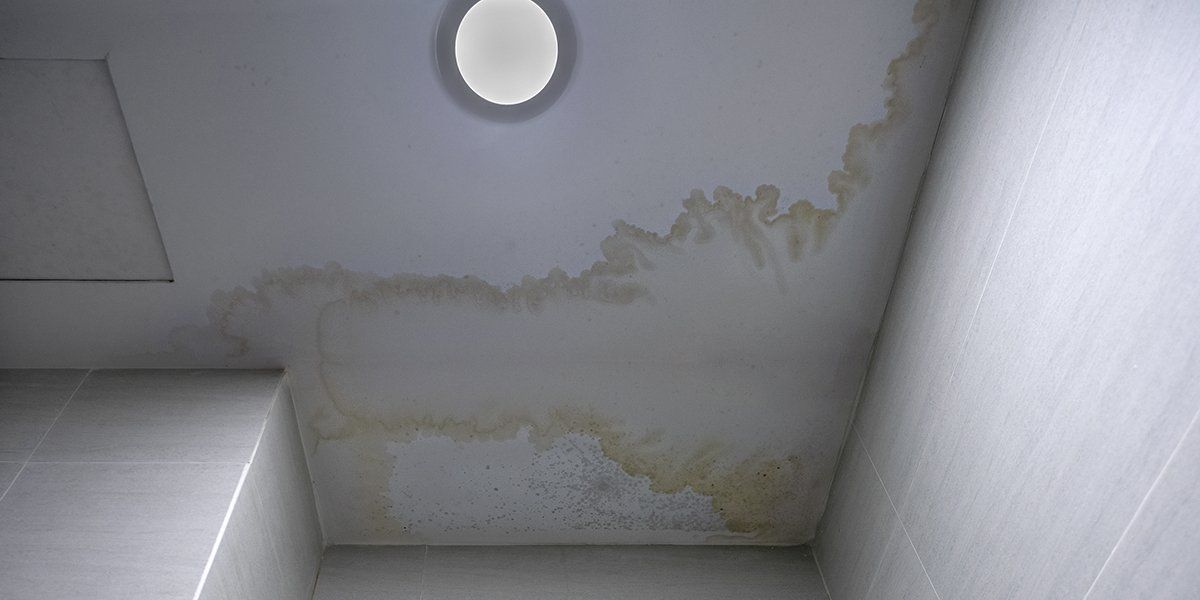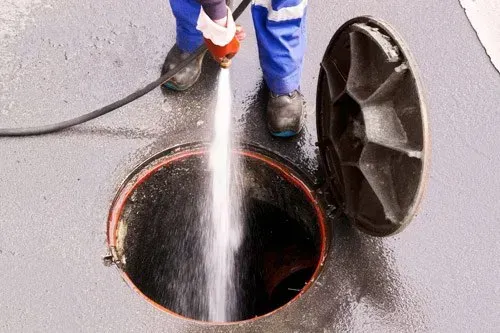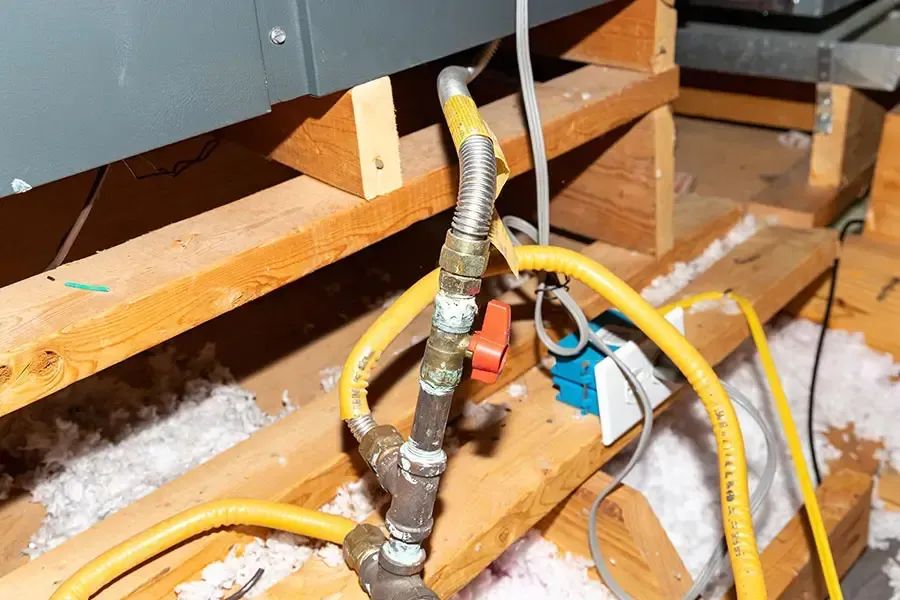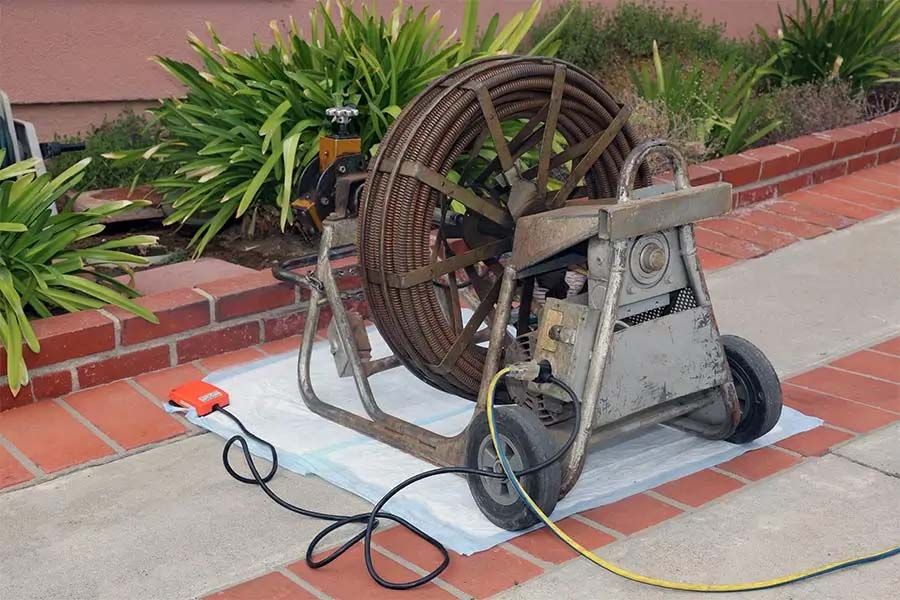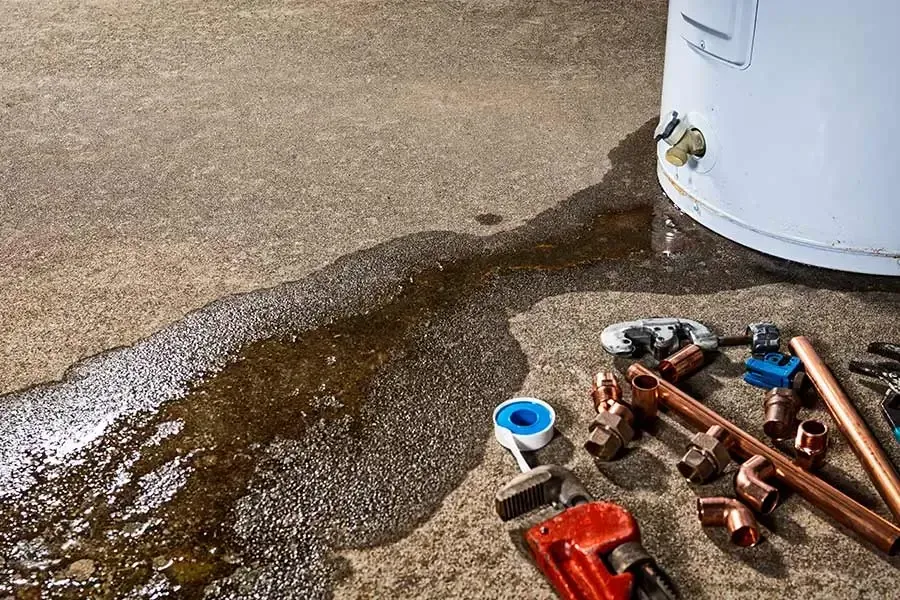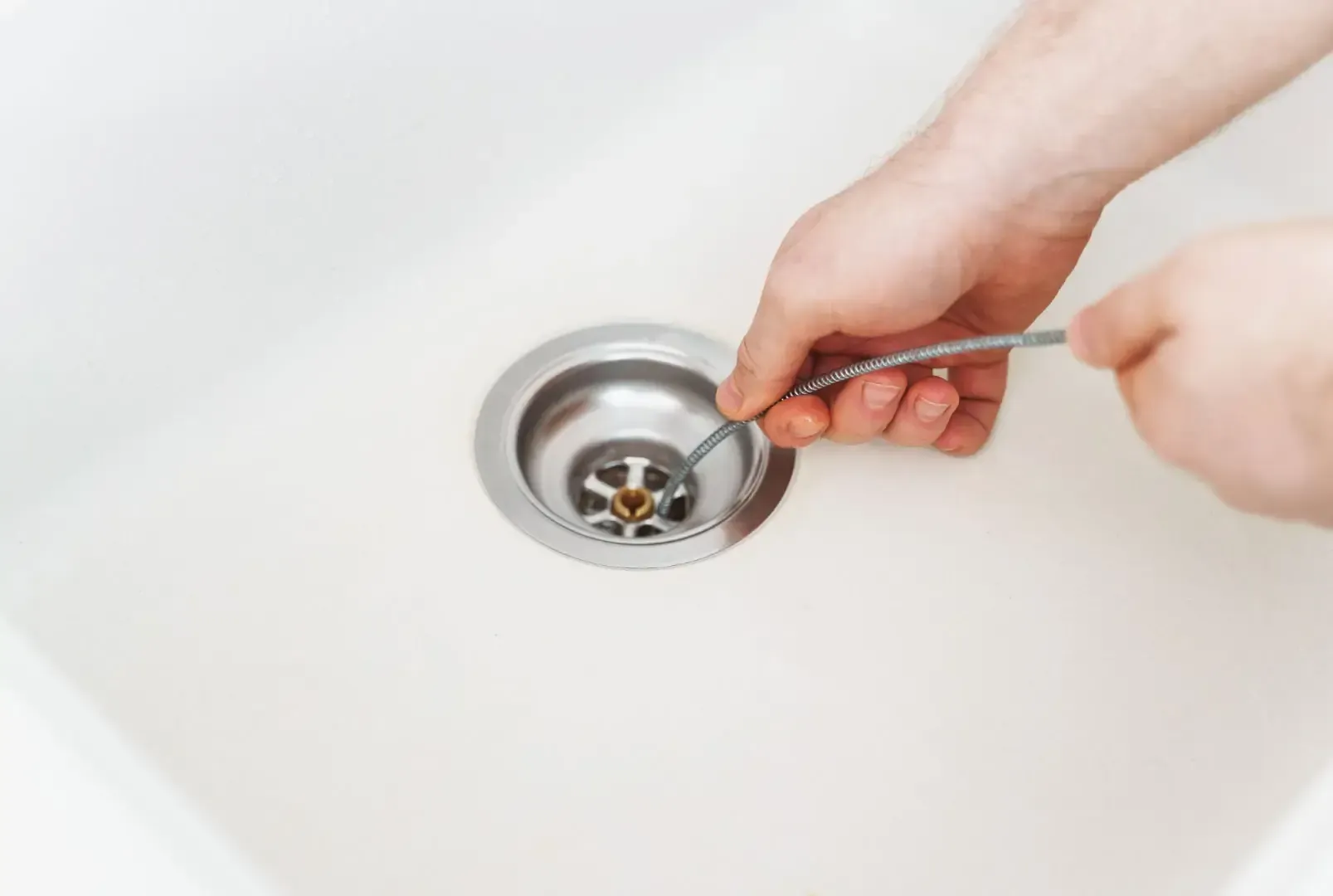How Do You Find a Leak in an Underground Pipe in Lyndhurst, OH?
Are you noticing your water bills climbing but can't find a leaky pipe? You're probably wondering, "How do you find a leak in an underground pipe?"
As Lyndhurst's reliable plumbers, you can rely on Formica Plumbing & Sewer Co. to effectively and efficiently find and repair an underground pipe. We can often repair the pipe without extensive damage to your home or business using cutting-edge technology and modern methods.
Tips for Finding a Lyndhurst Underground Pipe Leak
Finding leaks in buried pipes usually requires special training and equipment, and sometimes, homeowners might not feel certain they have an underground leak. The following tips can serve as evidence that you have an underground leak and, in some cases, can help you locate it.
Check the Water Meter
If you're not running a faucet, shower, dishwasher, or other appliance that uses water, your water meter should stay static. If you believe you have an underground pipe leak, you'll notice the numbers slowly and consistently ticking upward even when you're not using the water.
For very minor leaks, the water meter may increase very slowly. Examine it every few hours and avoid using water in between checks. Make a note of the reading every time you check it so you'll feel certain whether it's ticking upward or not.
Examine Your Yard
One effective method of locating buried pipe leaks under your yard is examining the area for wet patches or excessive growth. You'll most likely notice these symptoms if you have a leak in your sewer line, but it can also happen for water lines that run between the municipal supply and your home.
You may notice standing water in your yard. If this occurs even when you haven't received rain, you likely have a leak. You also might notice soil that feels spongy or bouncy.
Look for Cracks
If you have pipes that run under your basement, driveway, patio, or sidewalk, detecting leaks in underground pipes can become as easy as looking for areas with significant cracks. A water leak can create pressure that cracks asphalt or cement, and if the leak has existed for some time, the water may have frozen and busted your hard surfaces.
However, other issues can cause cracks in your sidewalk and driveway. A professional can help determine whether you have a problem with underground leaks or just natural wear and tear on your surfaces.
Monitor Water Levels
The water levels in your water heater and toilet can help determine if you have a leak. If you notice the water sits lower than normal, you're likely leaking water somewhere. However, while this indicates you have a problem, it won't tell you where.
Install Detectors
One effective subsurface pipe leak detection method is installing leak detection enhancement devices. You can place leak detectors under your appliances that use water and they can send an email to your mobile phone if water drips on them. You can also install a pressure sensor on your pipes, alerting you to pressure changes that plumbers commonly associate with leaks.
Contact a Professional
The most certain method for underground pipe leak detection is calling a professional. Plumbers can use infrared technology or cameras on a hose to find even the most subtle leaks under your basement or elsewhere on your property. If you consider the value of the time you'll spend trying to locate the leak yourself, hiring a professional immediately becomes a smart investment.
Preventing Pipe Leaks in Lyndhurst
Now that you know the answer to "How do you find a leak in an underground pipe?" do you know how to prevent them?
Regular Inspection
If you want to avoid underground water leak detection, the best thing you can do is schedule regular inspections and maintenance for your plumbing systems. Modern homes require inspection every other year, while older homes benefit from yearly plumbing checks. During the inspection, your plumber will perform the following tasks:
- Checking for damages, leaks, and clogs in your pipes
- Confirming your water heater works
- Examining faucets, toilets, and other fixtures
- Measuring your home's water pressure
- Checking drains and sewer lines
- Confirming you don't have a gas leak
Prompt Repairs
If you need minor repairs for clogged drains or dripping faucets, scheduling repairs quickly prevents the problem from becoming more serious. If you don't experience serious plumbing problems or still have an ample source of water, you may try to save money by just living with the issue.
Delaying repairs almost always leads to larger expenses, eradicating any potential savings. Even for small leaks, mold can form in as little as 24 hours.
Drain Vigilance
Clogged drains remain one of the most common sources of pipe leaks, especially in your sewer line. Avoid sending the following substances and more down your toilets and sinks:
- Products commonly marketed as flushable, such as wipes and diapers
- Most paper products like napkins or towels
- Hygiene products like cotton balls, pads, and dental floss
- Hair, which can accumulate soap scum (drain catchers can help)
- Adhesive substances like bandages and fruit stickers
- Toxic chemicals like medications, cleaning supplies, and paint
- Grainy substances like kitty litter or coffee grounds
- Eggshells
Proper Insulation
Frozen pipes are a major cause of underground pipe leaks, so taking proper precautions to insulate your pipes can prevent them from freezing. You can have your plumber install pipe liners, but you should also ensure you have high-quality insulation in your exterior walls.
Lyndhurst doesn't usually experience extreme winter temperatures. However, once the temperatures drop near the freezing point, you should still shut off your hose spigots and other exterior plumbing.
Formica Plumbing & Sewer Co. Can Fix Your Lyndhurst Pipes
How do you find a leak in an underground pipe? You rely on professionals like Formica Plumbing & Sewer Co. Whether you're considering the dangers of green corrosion on copper pipes or need help locating buried pipe leaks, we always provide superior service. We keep Lyndhurst homes and businesses from Anderson Road to Legacy Village clean and dry.
To book an appointment, call 440-709-8495.
